
Glycerin for Skin: How it Can Help Repair and Protect Your Skin
Most skincare necessities feature a diverse selection of wonderful components that make you look radiant. They do everything from moisturizing to exfoliating to cleaning! Glycerin is a great ingredient in your skincare regimen; they work hard, from providing moisture to cleaning the face. It is a true multitasker.
Read on to learn about glycerine, its skin benefits, and how to incorporate it into your skincare routine.
What Is Glycerin?
Glycerin is a naturally occurring substance derived from vegetable or animal lipids. It is transparent, colourless, and odourless. It is called glycerol, a hydrating and moisturizing element that absorbs water into the skin's outer layer from deeper levels.
Glycerin is mostly utilized in skincare basics alongside occlusives, a different moisturizing agent, to trap in the water it takes into the skin. According to research, glycerin is the most efficient natural humectant for improving moisture on the outermost layer of the skin. Glycerin is used in every product, from soaps to lotions to toners, due to its adaptability and capacity to retain moisture.
Is Glycerin Safe To Apply To Skin?
Yes, glycerin is normally safe to apply on the skin, and most individuals use beauty products that include it without incident. However, there is always the possibility of irritation, particularly if you are allergic to it; therefore, perform a patch test before applying glycerin-containing cosmetics for the first time. Apply a tiny quantity to a small skin area, wait 24 hours, and then check for reactions.
If you are allergic to glycerin, the following symptoms may occur:
- Skin rashes
- Swelling
- Itching
Additionally, you may experience hives and soreness if you encounter an allergic reaction.
Also read: 11 Benefits Of Using Glycerin In Your Skincare
Glycerin Uses For Skin:
You may be looking for techniques to fade discoloration on your skin if you suffer from blemishes or other acne scarring on your skin. If you prefer a natural skin lightener, glycerin is a safe and effective alternative. Glycerin is excellent for assisting your skin in retaining moisture. It's also safe to use if you're not allergic to it. The judgement is still out on how it can help brighten your skin.
How to use glycerin for skin whitening & lightening?
Glycerin's capacity to moisturize and preserve the skin is well established. Although not commonly recognized as a skin whitener, some say glycerin has skin-whitening qualities. Some of these assertions could be attributed to its exfoliating abilities.
When applied topically, glycerin's humectant qualities can increase moisture in the skin's outer layer. This results in softened skin on the outer layer, making exfoliation easier.
Exfoliation is the process of getting rid of dead skin cells from the skin. Removing these skin cells may enhance the look of blemishes, scars, and age marks and brighten a drab complexion.
Also read: Glycerin Uses For Face Skin: How To Use And What Skin Type Should Use It
How to use glycerin-enriched products
The Pink Foundry’s Dark Spot & Hyperpigmentation Correcting Power Serum contains glycerin and tons of other ingredients to bring a bright glow to your face. The powerful blend of ingredients can remove dark marks and reduce discoloration on the face with continued use.
The Acne Care and Healing Gel Moisturiser with Tea Tree and Cica also includes glycerin and other powerful ingredients. The non-greasy moisturizer is perfect for oily skin and creates a healthy barrier. It helps in preventing breakouts and improves the skin texture.
How to use glycerin for dry skin:
Glycerin for dry skin: Those with dry skin, in particular, will benefit greatly from glycerin, as one of its primary functions as a humectant is moisturizing. In reality, glycerin moisturizes the skin, draws water from the next layer, and transports it to the top (epidermis), providing an extra moisture boost.
Glycerin for extremely dry, cracked skin: If you have extremely dry skin, you undoubtedly spend a large portion of the winter months dealing with cracked skin, which is painful and might bleed if not treated. Glycerin not only offers protection to the skin, but it can also keep your skin from being dehydrated.
Is glycerin good for oily skin?
Yes, for people with oily skin. Glycerin is beneficial because it functions as a humectant, a chemical that allows moisture to enter the pores and skin. It can increase the pores and skin's hydration and rejuvenate the skin's surface.
Glycerin-containing moisturizers trap moisture in your skin and can be especially beneficial for oily skin type because it minimizes the skin's sebum production. It protects the skin against wind, dry air, and other irritants.
Benefits Of Glycerin For Skin:
Glycerin is extremely beneficial to the skin since it serves as a humectant, allowing it to retain moisture, relieve dryness, increase hydration, and regenerate the skin from within. It's also a rich emollient that may soothe skin and help with rough or dry spots caused by psoriasis or eczema. Aside from that, glycerin's significant antibacterial properties protect the skin from hazardous infections. Furthermore, it can mend, restore, and accelerate wound healing.
Skin Healing Advantages:
- Glycerin calms and soothes inflamed skin, is mild on delicate skin, and aids in relieving skin problems.
- Regular application of glycerin assists in tightening and firming the skin, making it appear supple and plump.
- Glycerin is a barrier between the skin and potentially harmful environmental contaminants and chemicals.
- Glycerin's natural moisturizing and revitalizing properties help to keep skin silky smooth, radiant, supple, and luminous.
- Because it is non-comedogenic, glycerin aids in the unclogging of pores and the treatment of acne outbreaks.
- Yes, nothing can make the skin look more youthful and vibrant than an extra dosage of moisturizer. Glycerin helps to delay the effects of signs of aging and fade away fine lines and wrinkles.
- Furthermore, glycerin can work wonders for all skin types, enhancing the skin's freshness and radiance from the inside out.
Final Thoughts
Glycerin is excellent for retaining moisture, healing damage, and protecting the skin from infections. Glycerin, on the other hand, has exfoliating characteristics. It may lighten the discoloration caused by scars, acne, or age spots by eliminating dead skin cells.

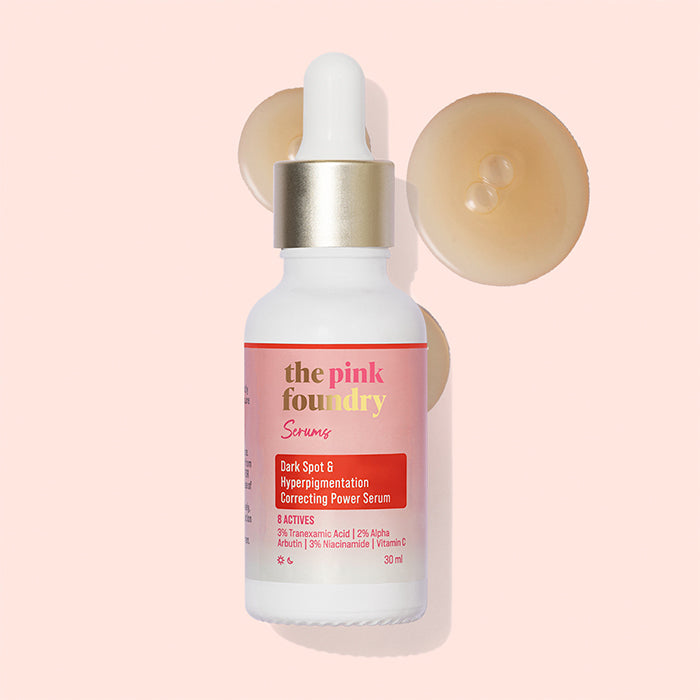
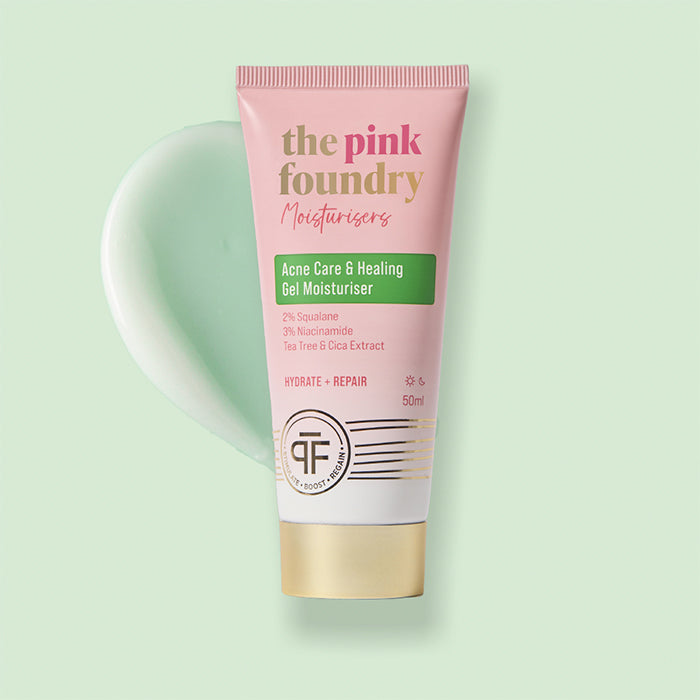





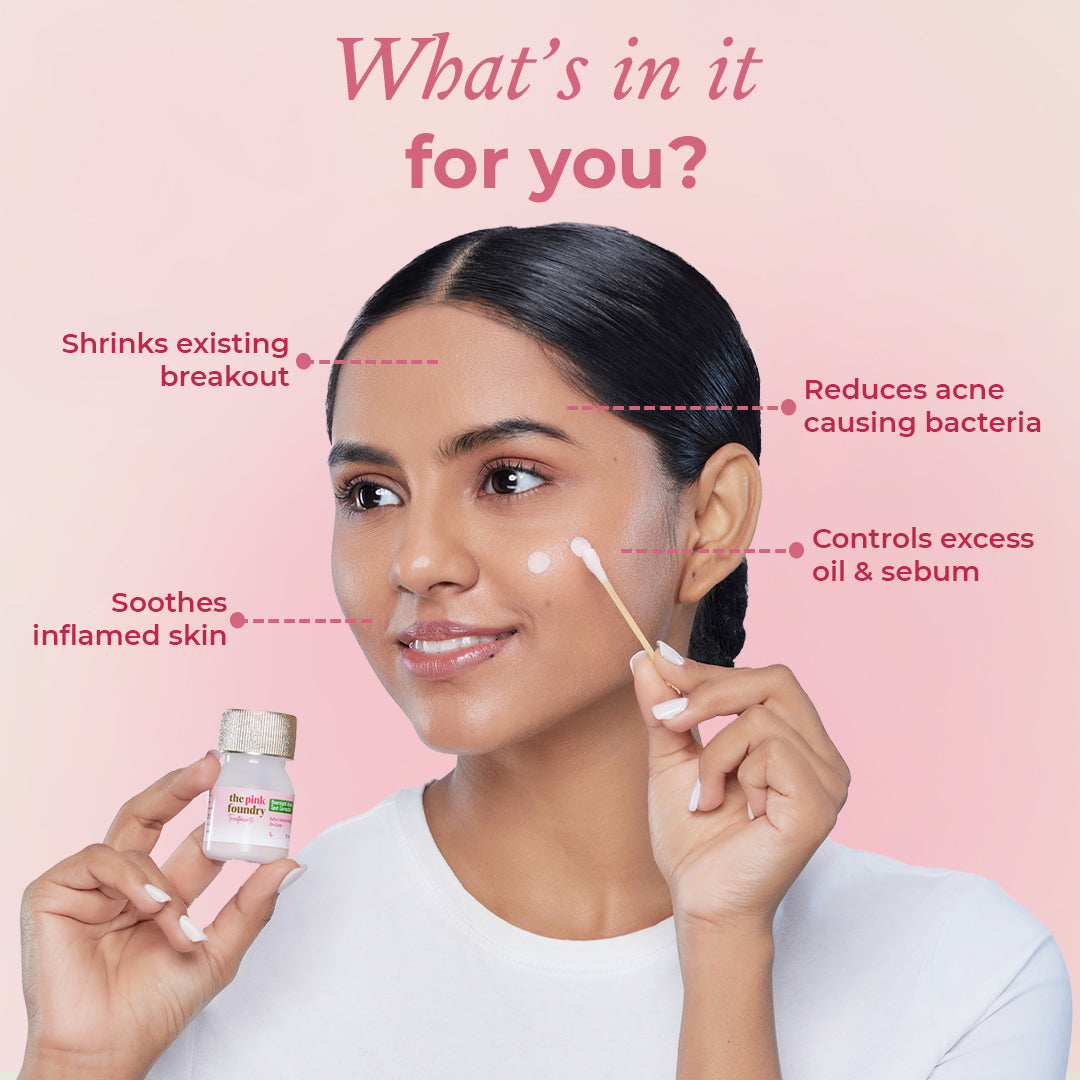
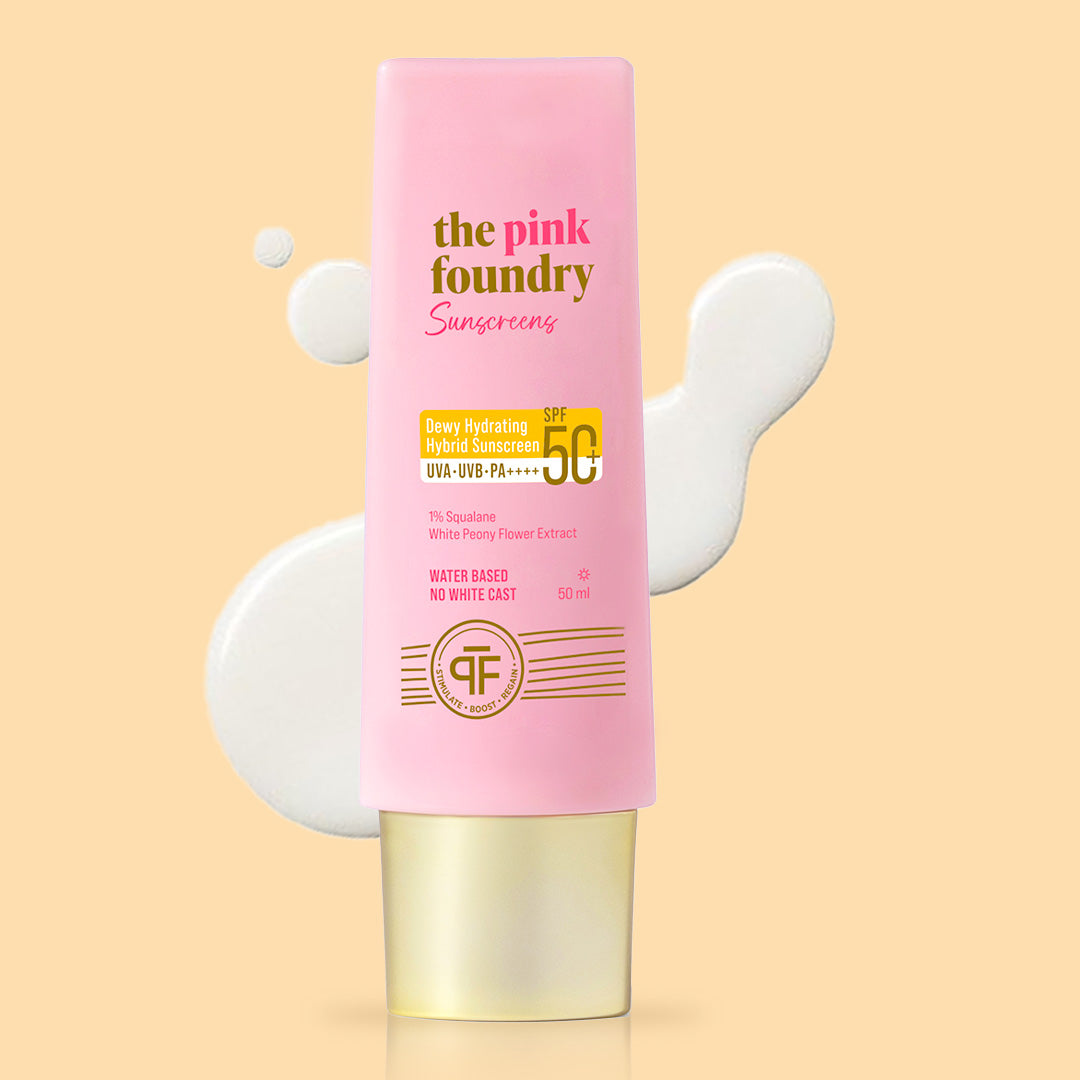
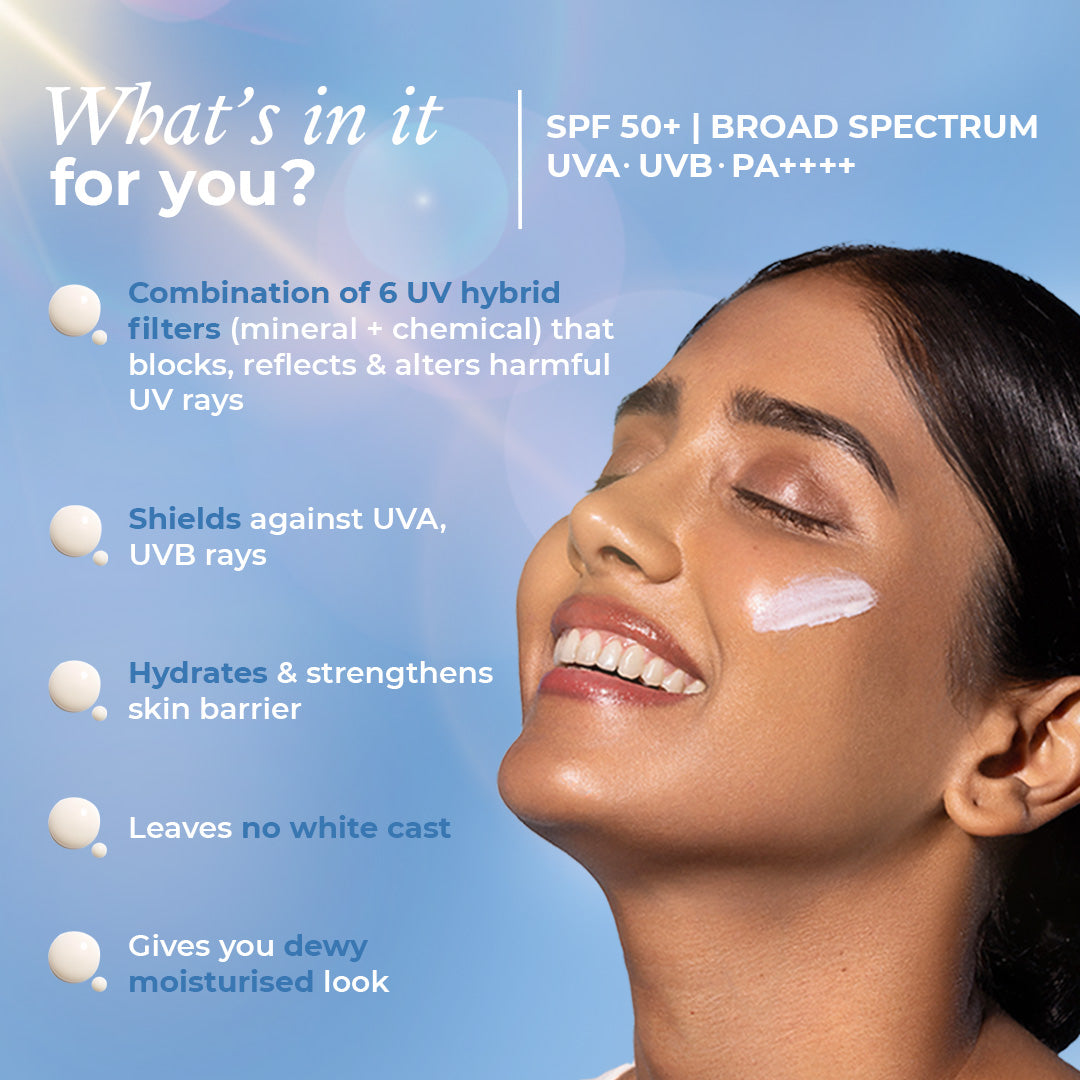


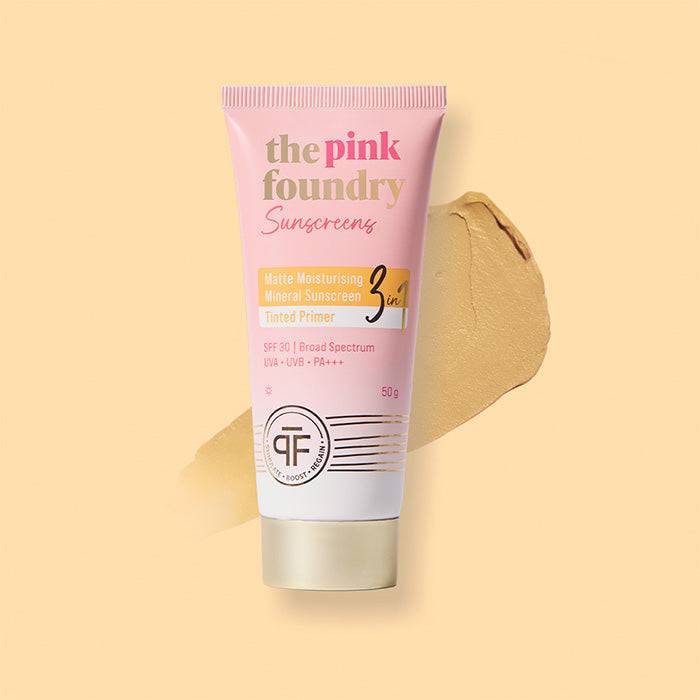
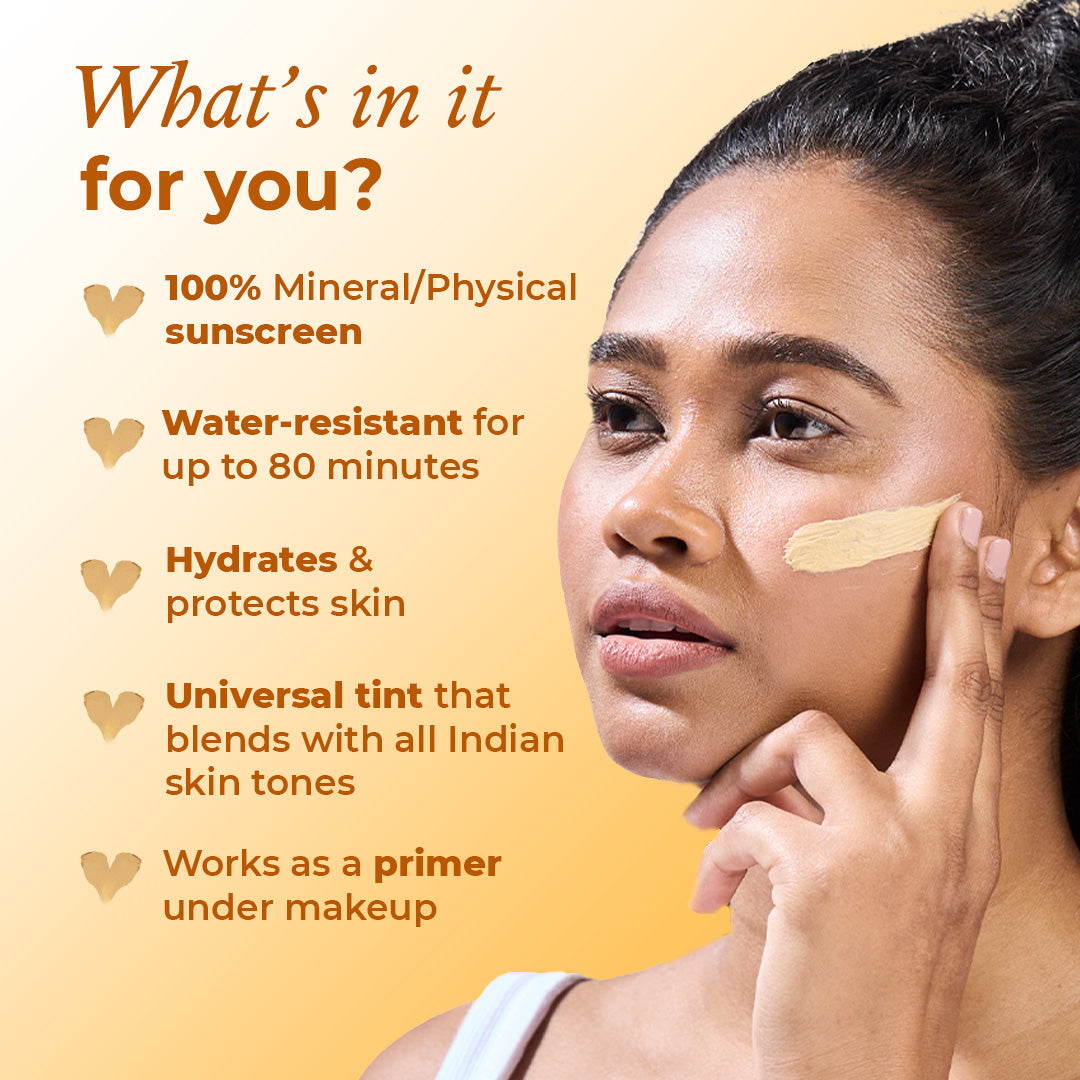



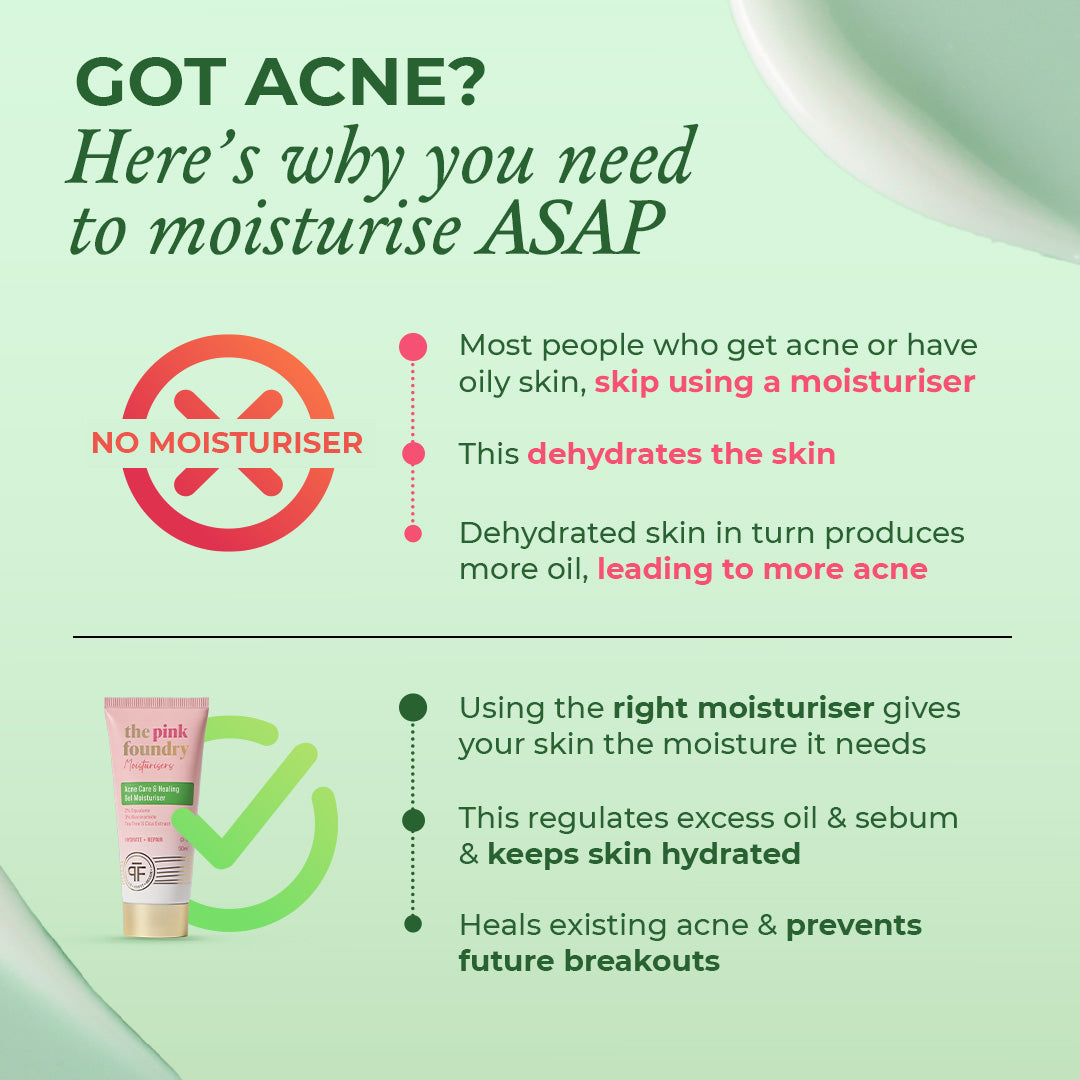
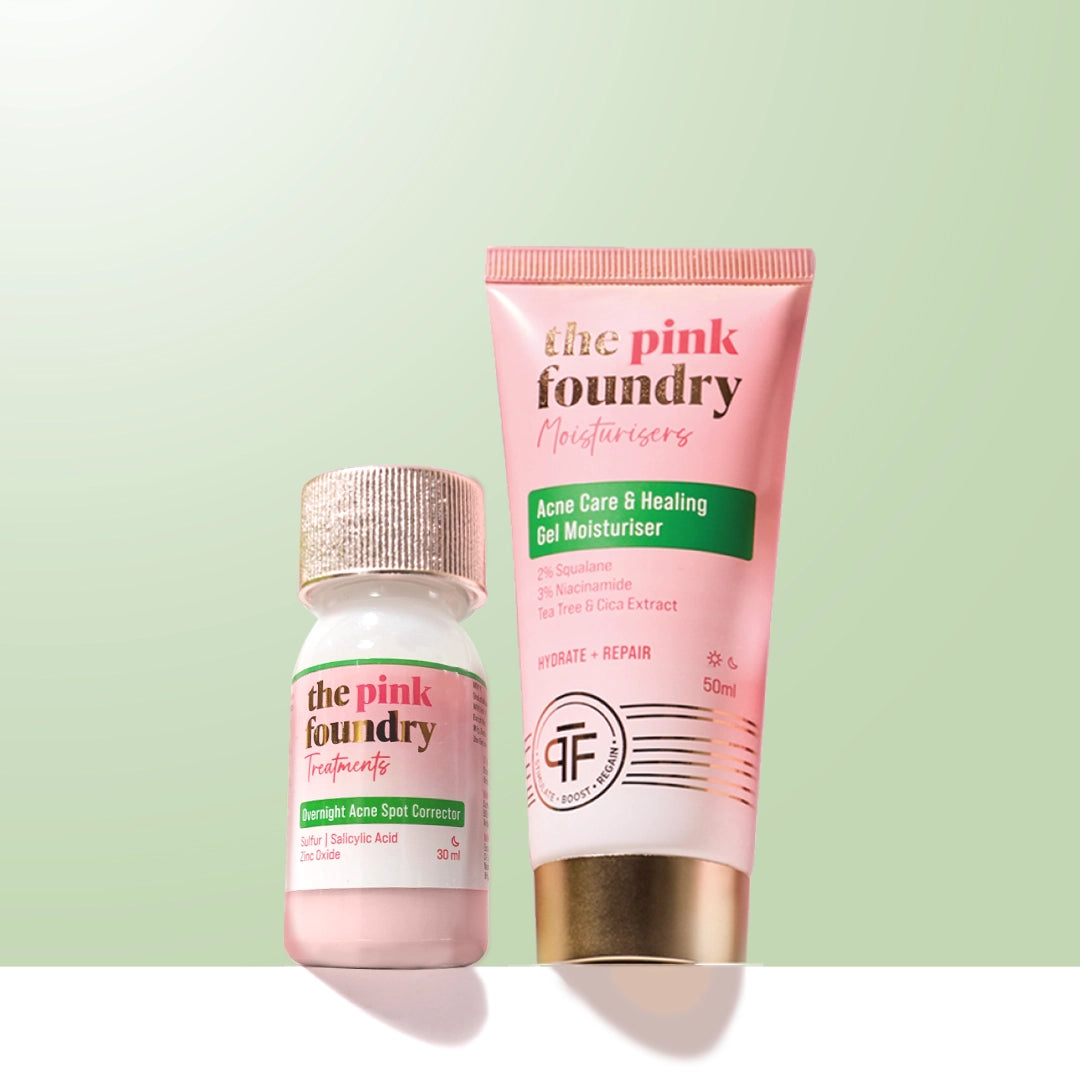
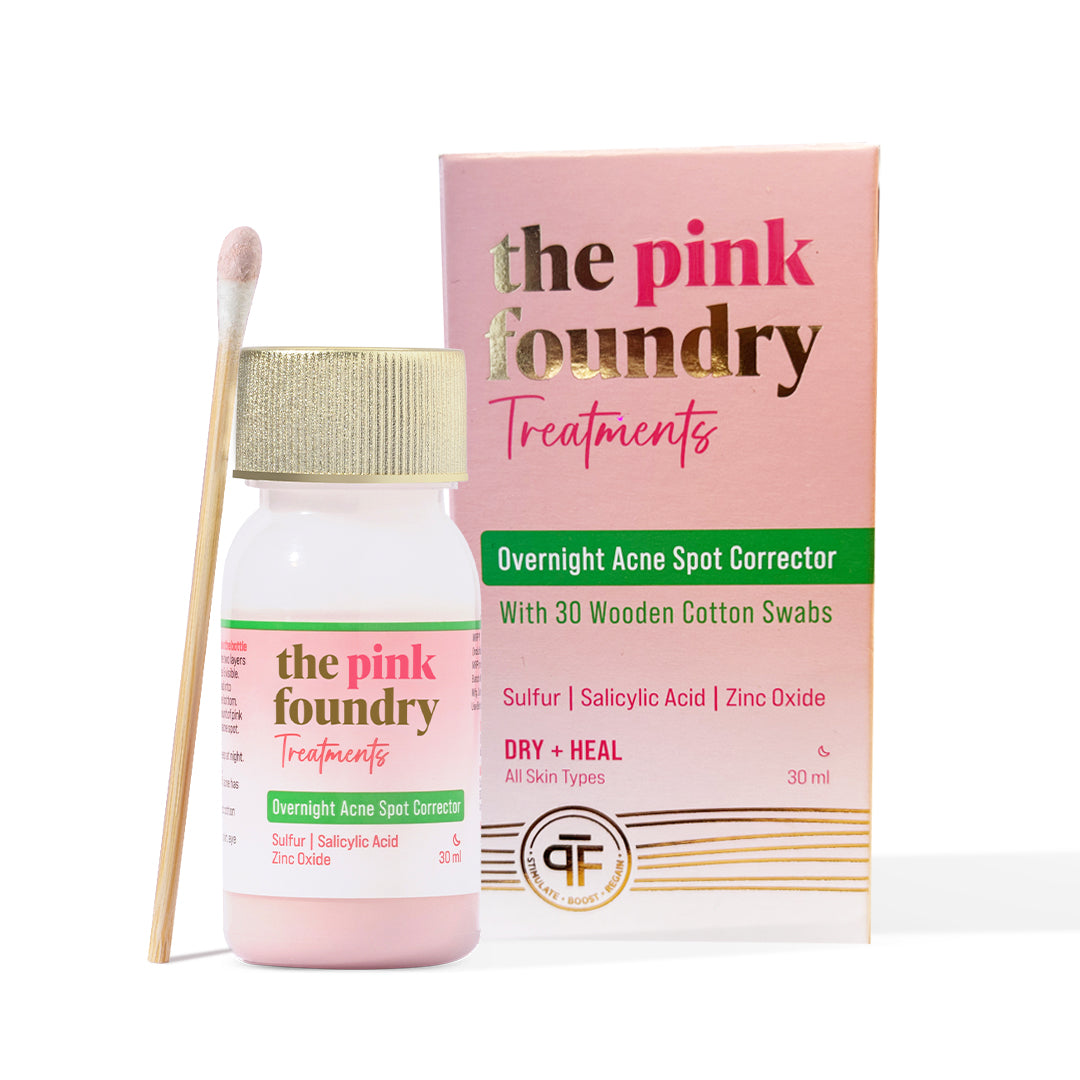
Leave a comment
This site is protected by hCaptcha and the hCaptcha Privacy Policy and Terms of Service apply.